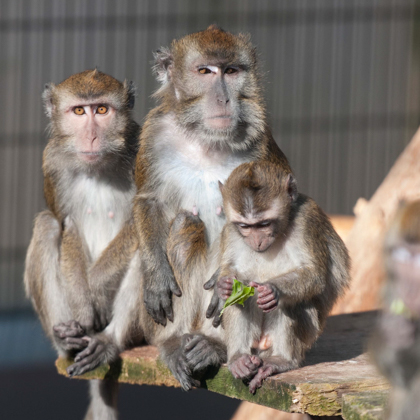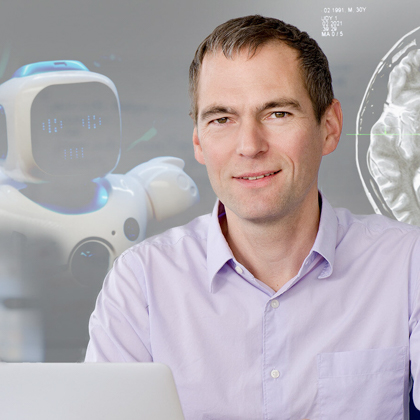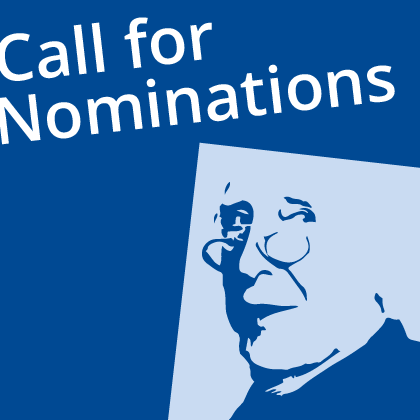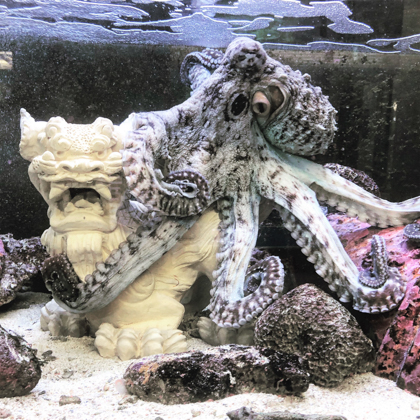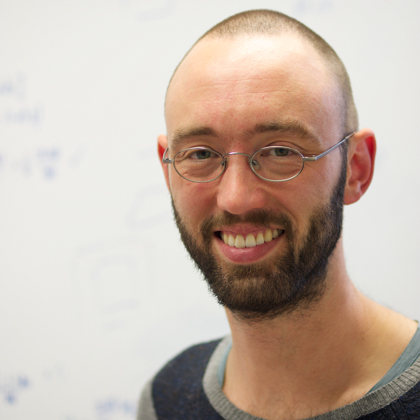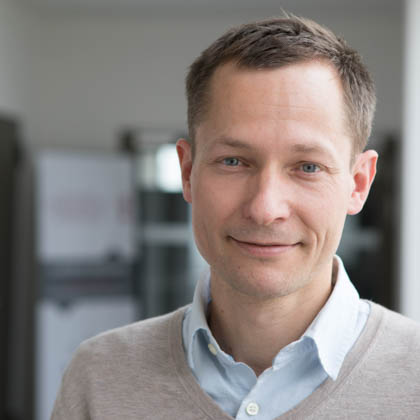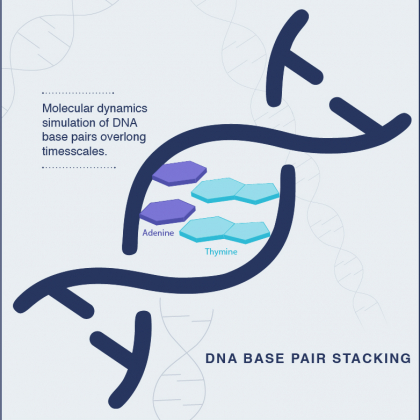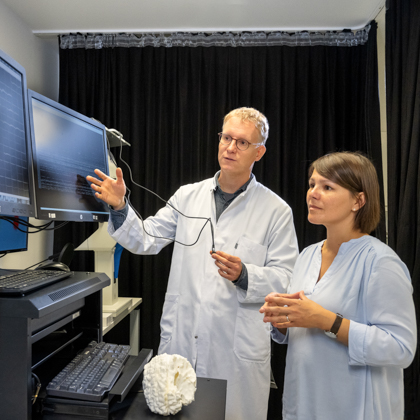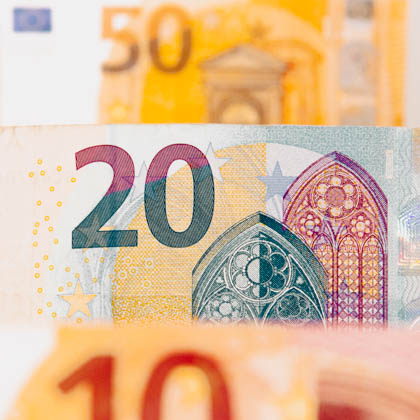Bernstein Network News. Find the latest news from our researchers regarding current research results, new research projects and initiatives as well as awards and prizes.
Insights into the evolution of the sense of fairness
A sense of fairness has long been considered purely human – but animals also react with frustration when they are treated unequally by a person. For instance, a well-known video shows monkeys throwing the offered cucumber at their trainer when a conspecific receives sweet grapes as a reward for the same task. Meanwhile, researchers have observed similarly frustrated reactions to unfair rewards in wolves, rats and crows. However, researchers still debate the reasons for this behavior: Does the frustration really stem from a dislike of unequal treatment, or is there another explanation? In a study with long-tailed macaques (Macaca fascicularis), researchers at the German Primate Center – Leibniz Institute for Primate Research (DPZ) have now confirmed an alternative explanatory approach in a collaborative project involving the Departments of Cognitive Ethology and Neurobiology.
How perfect is ChatGPT?
TV tip: Prof. Dr. Florian Röhrbein is an expert in neurorobotics and artificial intelligence at TU Chemnitz - On March 9, 2023, he will participate in the MDR program "Voss & Team" and contribute his expertise to a test.
Valentin Braitenberg Award for Computational Neuroscience 2023
We welcome nominations for the Valentin Braitenberg Award for Computational Neuroscience 2023 until April 30, 2023. The award will be presented at the Bernstein Conference 2023 in Berlin.
Measuring octopus cognition
With eight arms, large eyes, and shape-shifting skin, octopus’ bodies appear almost otherworldly. Their cognitive abilities fascinate us because they are comparable to those of vertebrates, yet our evolutionary lines diverged about 550 million years ago. The combination of their intelligence and uniqueness prompted neuroscientists to study the brains of octopods as early as 150 years ago. An international team including the University of Göttingen has now, for the first time, succeeded in measuring brain activity in octopuses moving freely through the water. While such studies are well established in mammals and birds, until now this has not been possible in octopuses. The study was published in the scientific journal Current Biology.
Fish schools work a bit like the brain
What do the brain and a school of fish have in common? They are both capable of efficient collective information processing, although each unit within them only has access to local information. In the brain, it is the stimuli from 86 billion neurons that form the basis for information processing; in the shoal, it is the decisions of each individual on how to move and interact with neighbors. However, little is known about how biological systems like the brain or a swarm of fish manage to optimally bring together a multitude of individual pieces of information from different locations. There is a hypothesis according to which the best performance of the brain lies at the border between order and chaos, in the state of so-called criticality. Researchers of the Cluster of Excellence "Science of Intelligence" from Humboldt-Universität (HU), the Technical University of Berlin (TU), and IGB have now been able to demonstrate this hypothesis on a large school of fish. The study was published in Nature Physics.
Hertie Foundation establishes new institute combining artificial intelligence and neuroscience
Frankfurt am Main, February 7, 2023 - This month marks the launch of an outstanding project integrating artificial intelligence (AI) and neuromedicine – the Hertie Institute for Artificial Intelligence in Brain Health (Hertie AI). Founded on February 1 at the Medical Faculty of the University of Tübingen, it will be the first institute in Germany to research the prevention and early diagnosis of diseases of the nervous system using artificial intelligence methods.
Using Deep Learning to make Better Models of the Brain
ERC Consolidator Grant for Tübingen AI researcher Professor Jakob Macke
Simulation of complex quantum systems
Realistic and precise - New algorithm enables simulation of complex quantum systems
Neurotechnology for Treating Mental Disorders
Research Network Uses Big Data Models to Understand Neural Networks
€60 million committed to establish AI and robotics in healthcare
The EU project TEF-Health aims to test and validate innovative artificial intelligence (AI) and robotics solutions for the healthcare sector and accelerate their path to market. It is led by Prof. Petra Ritter, who heads the Brain Simulation Section at the Berlin Institute of Health at Charité (BIH) and at the Department of Neurology and Experimental Neurology of Charité – Universitätsmedizin Berlin. The 51 participating project partners from nine European countries will receive funding to the tune of about €60 million, with half coming from the European Commission under its Digital Europe program and half from national funding agencies. Some €2 million of the EC funding will go to the BIH.



